What Impact do Grease Interceptors Have?
Effective waste management systems are crucial for maintaining environmental health and operational efficiency. Among such systems, grease interceptors play a pivotal role in commercial kitchens, restaurants, and other facilities that deal with significant amounts of food waste. These devices serve to trap fats, oils, and grease (FOG) before they enter the sewage system. But what impact do grease recyclers have on both business operations and the environment? This post explores their significance and benefits.
Preventing Sewer Blockages
Grease interceptors are essential for preventing sewage blockages that can lead to costly repairs and fines for businesses. When fats, oils, and grease enter the sewer systems without being intercepted, they can cool, solidify, and clog sewer pipes. This not only creates a health risk to the public, but can also lead to overflows and environmental pollution. By capturing and isolating FOG, grease interceptors allow kitchens to run smoothly and municipalities to maintain cleaner and safer sewage systems.
Sizing Grease Interceptors
These interceptors come in various sizes to accommodate different volumes of waste. According to the South Tahoe Public Utility District, grease interceptors are sized between 320-gallon and 10,000-gallon capacity. This range means that businesses of various sizes can install an interceptor that matches their waste production needs. By selecting the appropriately sized interceptor, businesses can optimize their waste management processes, thereby reducing maintenance costs and minimizing downtime due to plumbing issues.
Promoting Sustainability and Environmental Benefits
From an environmental standpoint, interceptors help restaurants and food processing facilities meet local and national waste management regulations. By effectively managing their grease waste, these establishments can contribute to cleaner water systems and reduced pollution. Moreover, some regions even facilitate programs for recycling intercepted grease, converting it into biofuels. Thus, these devices not only mitigate environmental damage, but also promote sustainable waste practices.
Grease recyclers offer invaluable benefits for businesses, municipalities, and the environment alike. They provide a critical function in food-service operations by preventing costly plumbing issues and adhering to regulatory compliance. Furthermore, they present an opportunity for a positive environmental impact through the prevention of water pollution and potential grease recycling. As such, adopting robust grease interceptor systems is both a practical and responsible choice for any business dealing with substantial food waste. Contact 1st Choice Grease Service LLC for grease recycler services today.

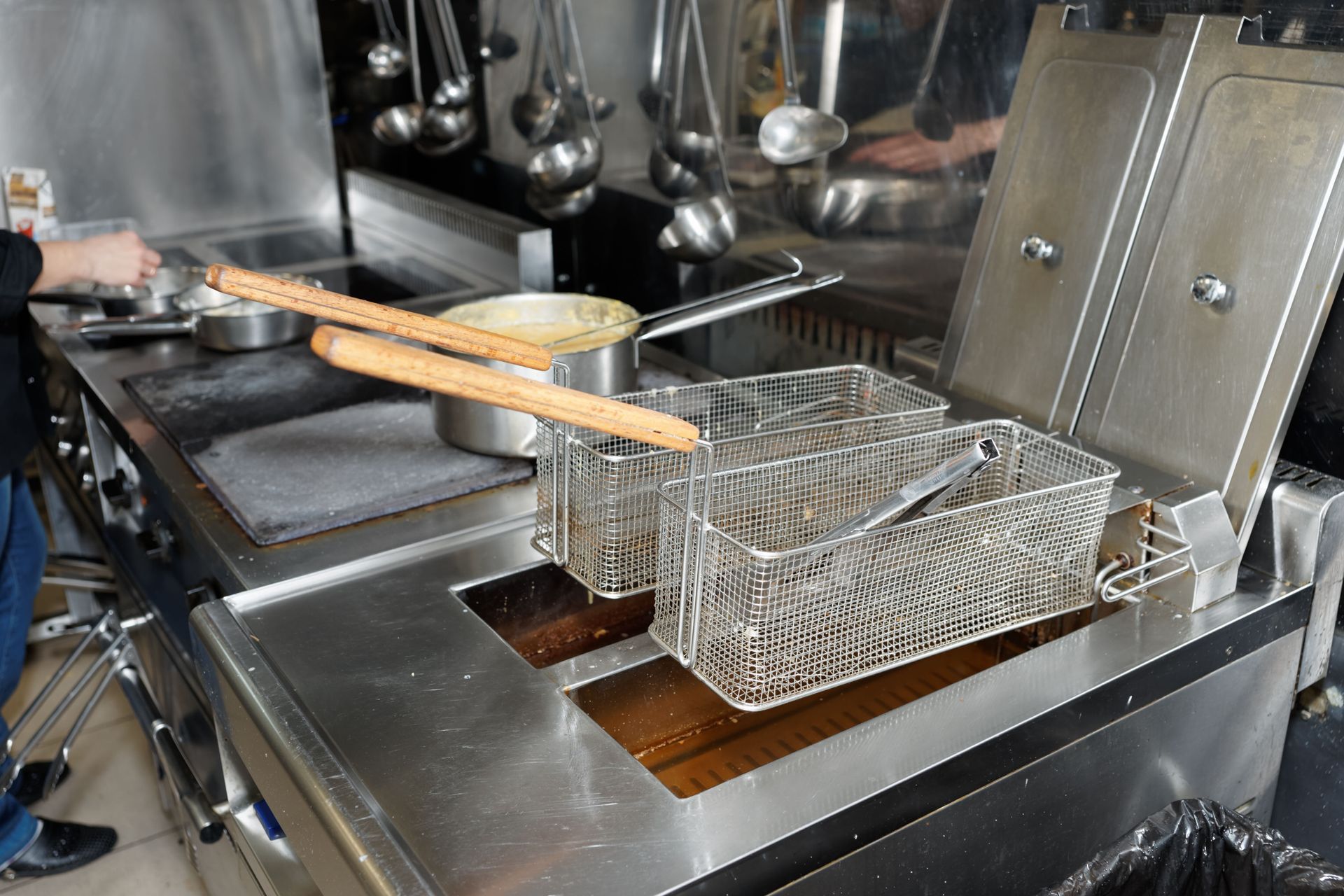
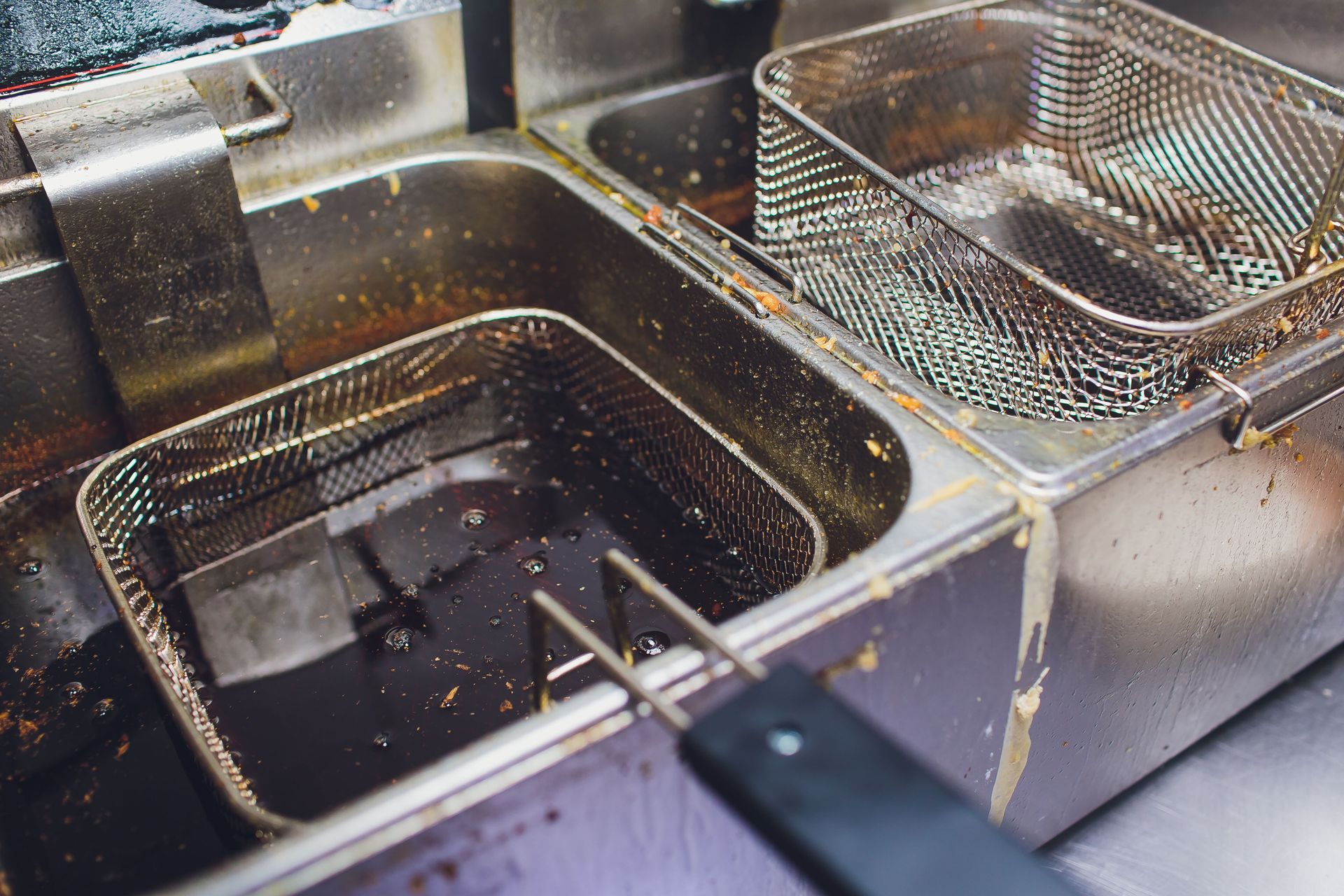
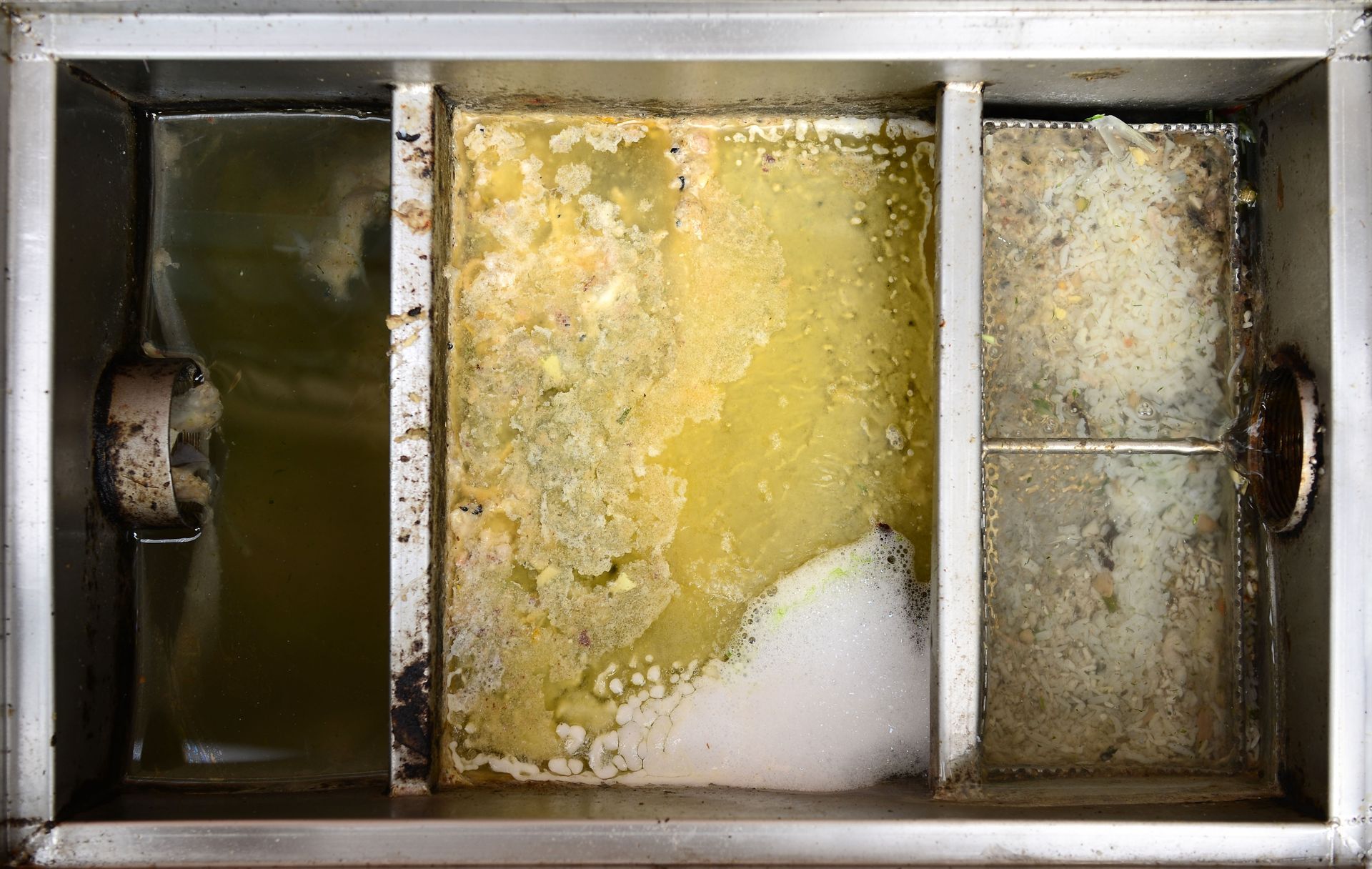
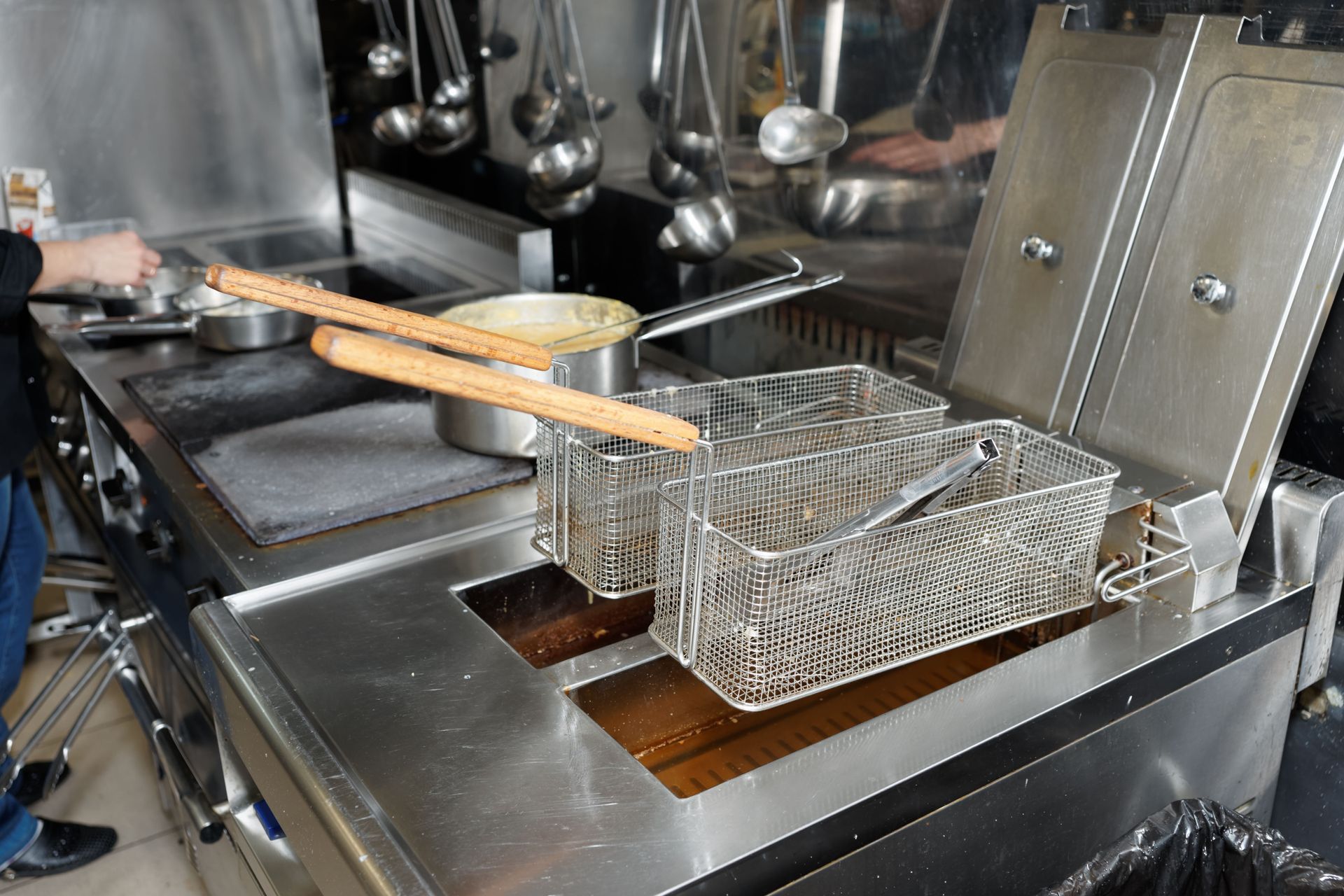
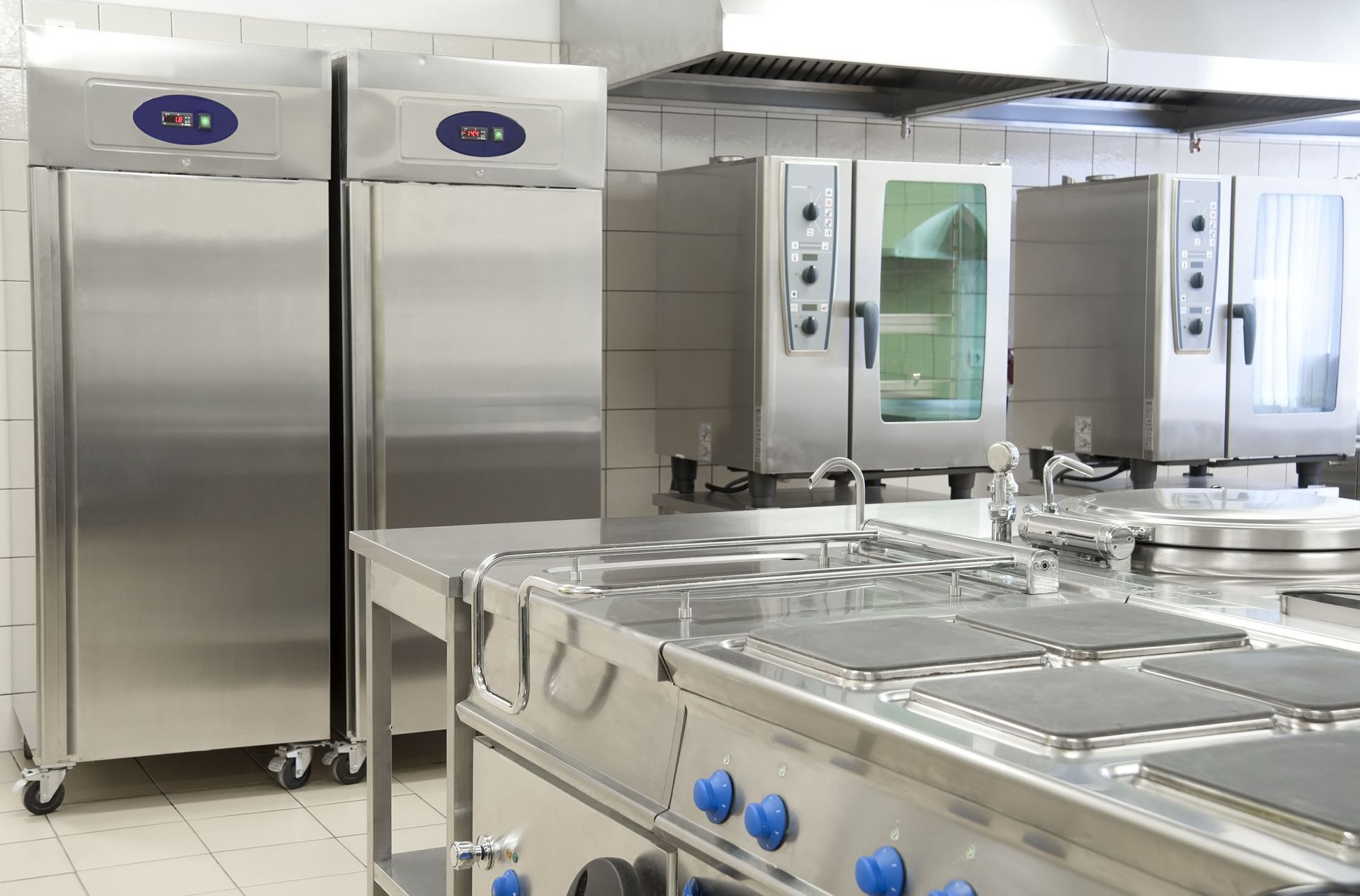
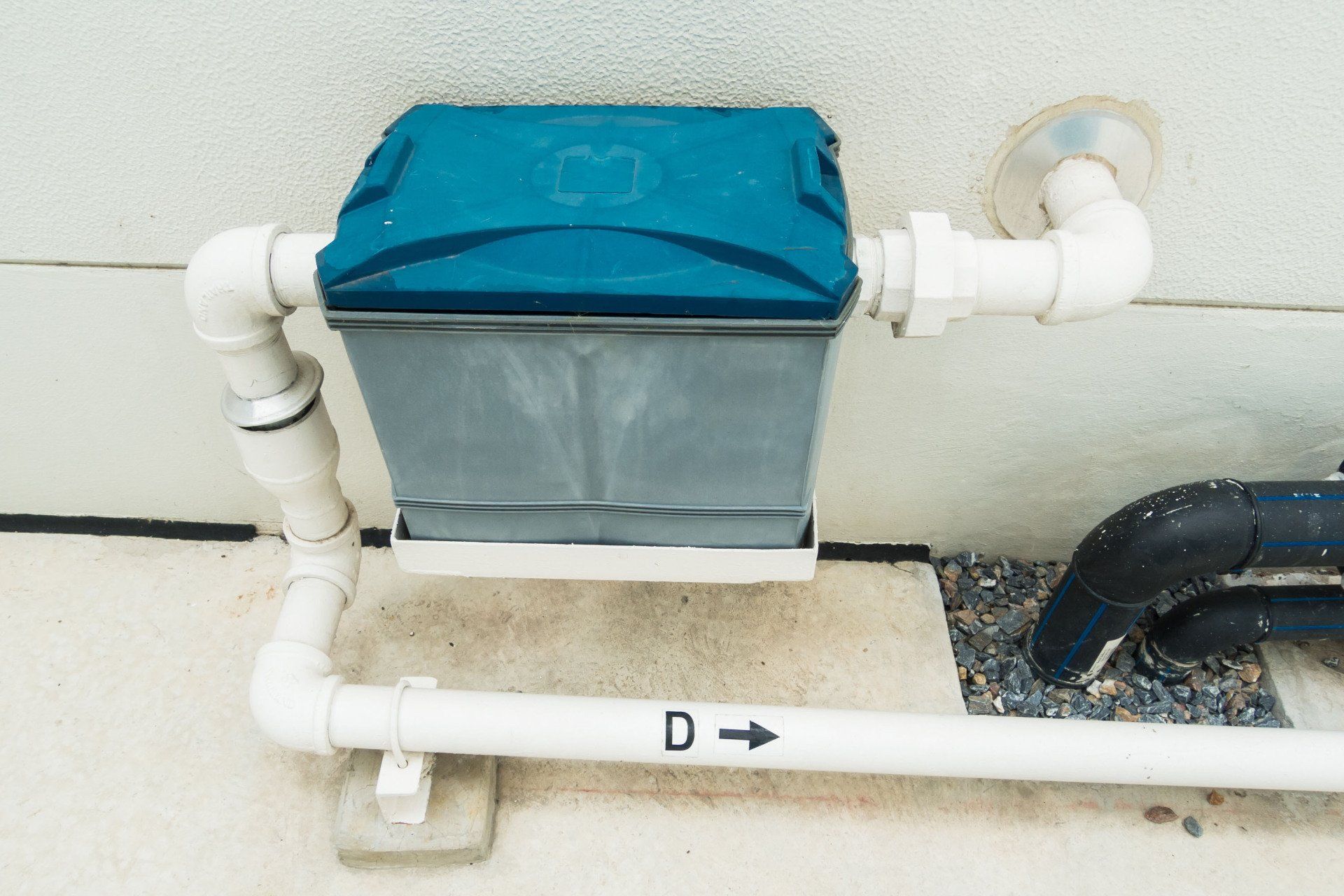

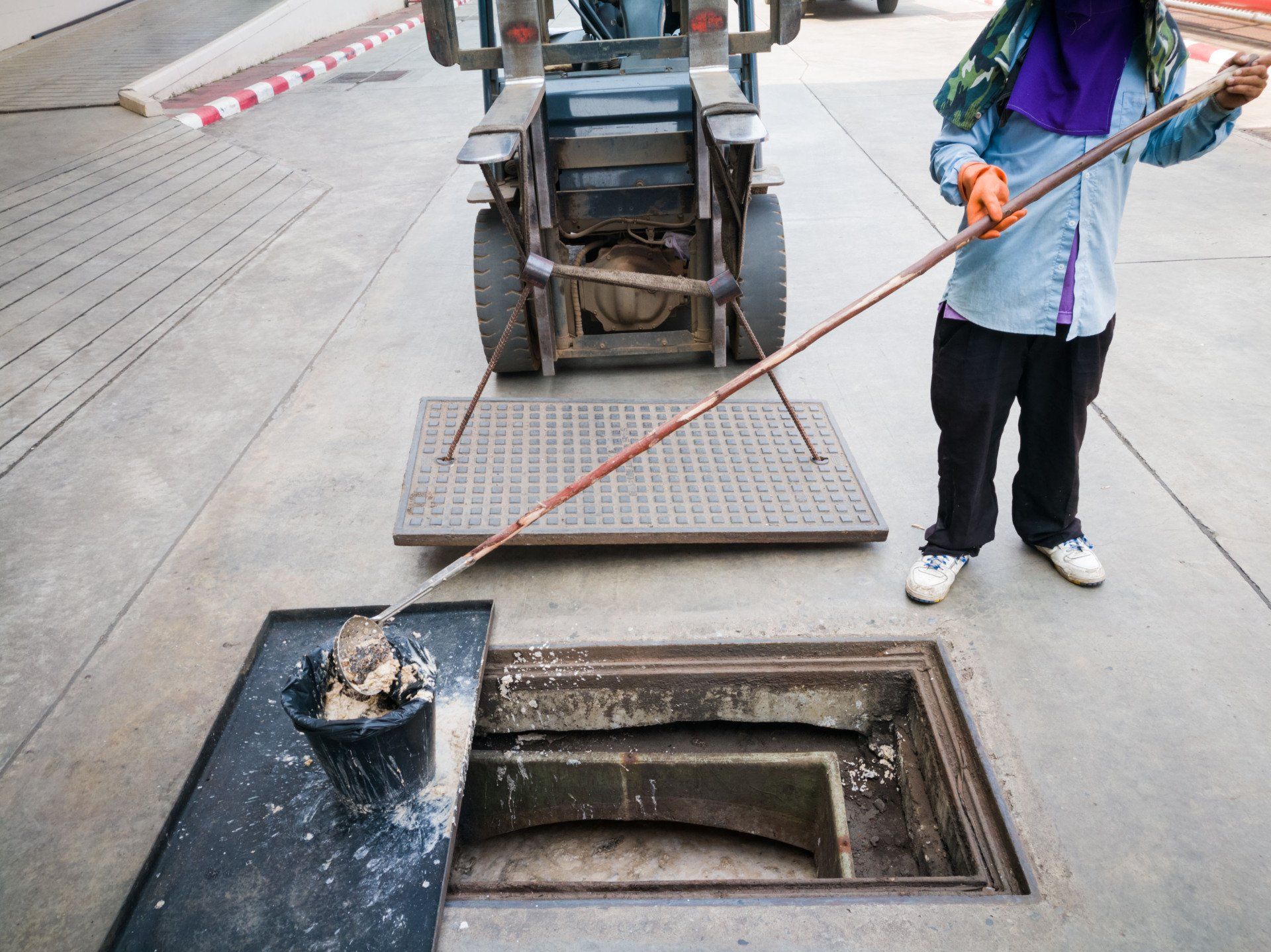
Share On: